How a journalist chases a monster, Part 6
An officer on his own: "I’m not scared. If these guys kill me, they won’t go unpunished. People will know who they are, because I was investigating their cases."
Read Part 1 of this series here. It will give you background on the story of the girls that this backstory is dependent upon.
On my first full day in the Democratic Republic of Congo, in the final week of December 2015, I went to Panzi Hospital, famously the epicenter of surgeries for tens of thousands of women and children who have been raped in the war-torn east of the country. It is also famous for its outspoken medical director — a champion for Congolese women — 2018 Nobel Laureate Dr. Denis Mukwege. (Read more about his efforts, and the assassination attempt he survived, in Part 3 of this series, and in a full interview with him, here.)
On arrival at the gated Panzi compound, I was taken to the ward for rape survivors. Beds lined a cavernous room. On them lay women and girls shrouded in mosquito nets. I happened to arrive on a morning when three of those beds held tiny girls from Kavumu.
Ages 3, 5 and 6, each girl was medicated with antibiotics, antiseptics and painkillers. One child, the 6-year-old, was particularly small and appeared catatonic — she sat unresponsive, with a green-flowered shift dress falling off her shoulders. The mothers or grandmothers of the girls whispered while lightly balancing at the ends of the beds. The life seemed to leave their eyes as they spoke about the girls, and they stared either at their hands or the ground.
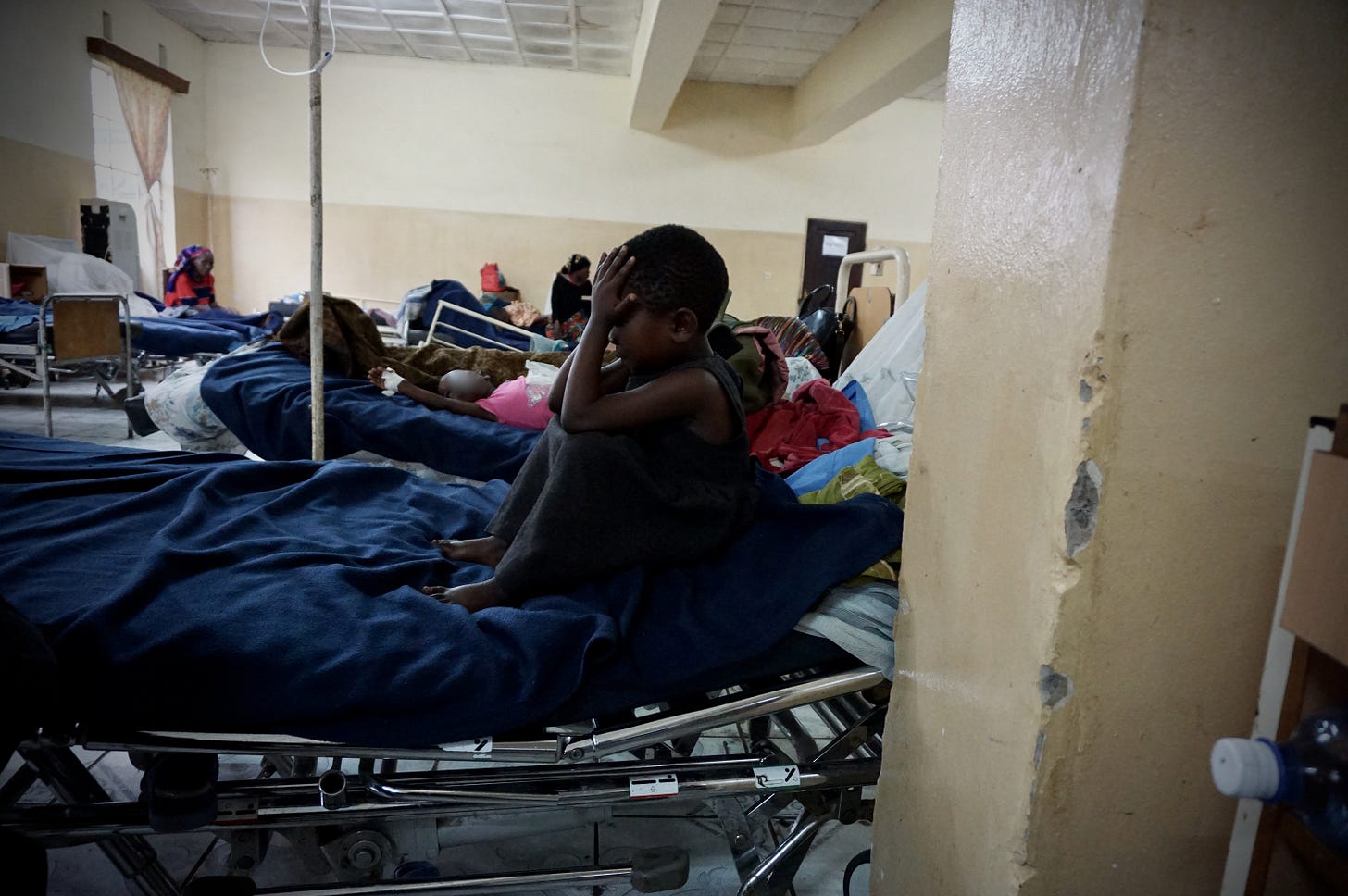
The 3-year-old girl was just a speck, rolling around in a sheer organza tutu bottom and fuchsia hoodie. She had a painful fistula, and repeated mechanically, “I want to fall! I want to fall!” Her bed was narrow and without protective bars along the sides, so while her grandmother described what had happened to the child 12 hours earlier, she kept a hand on her granddaughter’s waist. That this little girl was so mobile surprised me — the night before, a man or men had, as her grandmother put it, “destroyed her.”
These were three of nearly 50 girls who had been attacked over the three-and-a-half years between June 2013 and the end of 2016. Most of them were treated at Panzi (the only hospital in the region at that time equipped with the forensic capabilities to take and preserve evidence). Their injuries had been so extensive that one of the experienced doctors at the hospital famous for treating the legions of women raped in DRC told me that they had made her faint.
During that reporting trip to Congo, I would meet the man who found that 3-year-old girl in the early morning after her attack. He told me that he cried while he carried her to his car and drove her to Panzi.
“She’s too small,” he said.
It was a pitch-dark night on a terrace overlooking Lake Kivu, which, beneath its serene surface, contains deadly pockets of poisonous gas. I was talking to the man who had driven that 3-year-old to the hospital. He was the police officer who would ultimately put an end to the years-long rapes of little girls in Kavumu. His name is David Bodeli.
I said at the end of Part 5 of this series that I was finally privileged to share the name of this man, and that gives me no end of happiness. He is the main hero of the story of Kavumu, and it has pained me for years that I could not give him the credit he has been sorely due.
Because of Bodeli’s work — combined with the legions of others both local and international who played their essential parts — the mastermind of those nearly 50 rapes is currently in prison for life along with nearly a dozen of his fellow perpetrators. Congo is a place where the arrests and convictions of rapists is rare, and where keeping perpetrators in jail is next to impossible. They bribe their way out or escape. The Congolese justice system is utterly broken. (One exceptional case was the 2014 trial and conviction of men in the 2012 mass rape of women in the village of Minova, at the northern end of Lake Kivu. But even that case, which resulted in the convictions of 27 army and police officers, was majorly flawed.)
Small and compact, Bodeli told me in French what he could about the attacks, emphatically punctuating his words with his hands. Jack, my fixer, translated each of my questions, after which the officer would jump to the edge of his chair to lean forward and answer. Here is an excerpt of our interview from that visit in December 2015.
Lauren Wolfe: How would you describe the village of Kavumu?
David Bodeli: The people who live in those houses are very, very poor, to the point where you really can’t understand. For me, when I visit, when I see how people live, I can’t imagine how people can live in such conditions. It’s difficult to comprehend.
How much of your life has this taken up?
With this investigation I don’t only spend my time, I also spend my personal money. I have spent physical energy in terms of walking long hours on foot. What’s affected me and troubled me is that I can’t understand how a human can be that violent against a child, an innocent, at this level. Because when I’ve seen this, sometimes I could cry. And I have nightmares. I am revolted. Because the people who do this — they think that we can’t do anything to them.
What would be the right punishment for them?
I want them arrested and put in jail forever. Not put in a prison like the one at the International Criminal Court. In a prison where they will regret their lives and all crimes they’ve committed. If God helps us to arrest these people, I hope that the arrest will be broadcast to all media to tell people that if you dare do something like this, you will be arrested and put away forever as well.
Do you fear being hurt after this? Or fear for your family?
[Bodeli grimaces a little, but indicates it could go either way.] My family was visited in November 2012, when the M23 [militia] was in Goma [in North Kivu province]. They tortured my wife, they beat my children and they looted my house. The men who hurt my family are people I had arrested. They’d been in prison, but when M23 broke out of the prison, these are the people who came to my house.
Your wife and children are living in another country for their safety since the attack. But what about your own safety?
I’m not scared. If these guys kill me, they won’t go unpunished. People will know who they are, because I was investigating their cases. People like you and me need to accept the risks necessary to put an end to these kinds of things. If people like us don’t risk our lives, then this will go on forever and ever. And the impunity will never end.
Do your children miss you?
I tell my children that I am the iron stick that God will use to beat these criminals. Wait until they get beaten, and then I will come.
Does this case matter to you more than any other?
I’ve experienced cases where a parent kills a child because they want to make money; where the rapes of women involved even sticks forced inside them; rapes like in Walikale, where 300 women were attacked; many cases, but this is the biggest investigation of my career. Because I will investigate today, but tonight I will hear that another child was raped.
This affects me more than other cases. It gives me nightmares, nights without sleeping — I think about it a lot.
When I spoke to Bodeli, he had already written up arrest warrants, but he was waiting to confirm small details before he would serve them. He told me that no matter what, the arrests would be soon. I extended my trip by a few days, hoping to be there when they were carried out. But nothing happened.
And nothing continued to happen, for months.
Back in New York, over the following five months, I sought an answer as to why Bodeli was unable to make the arrests. Different people gave me different excuses: “The local prosecutor is too busy.” “Paperwork is still being transferred between offices.” Rumors that arrest warrants had been signed turned into rumors that they hadn’t.
Four more little girls were raped in those months.
Coming in Part 7: My interview with David Bodeli continues, and includes a furtive acknowledgment of the name of the man we each independently suspected of masterminding the attacks on Kavumu.
Thank you, as always, for reading.


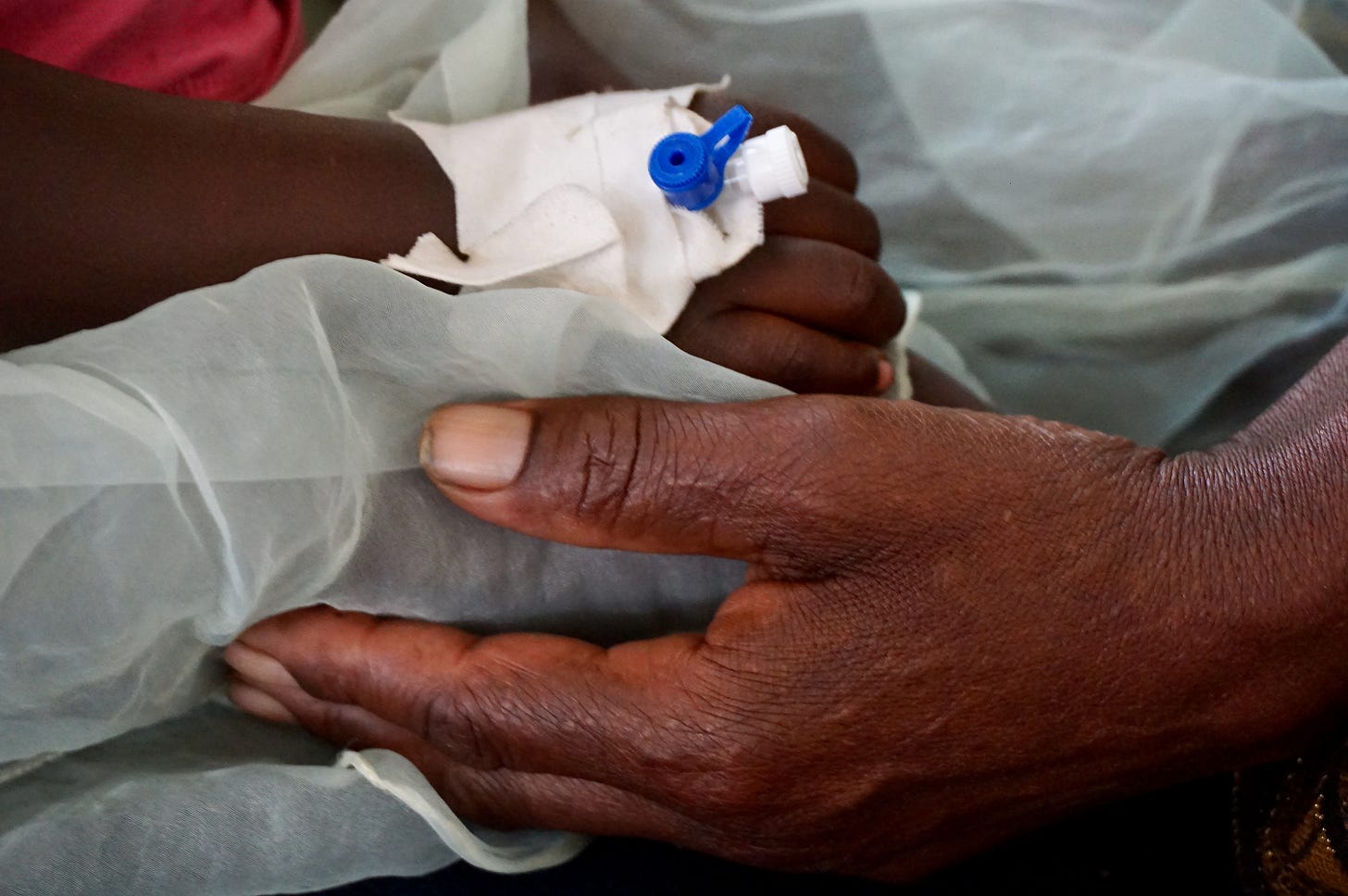
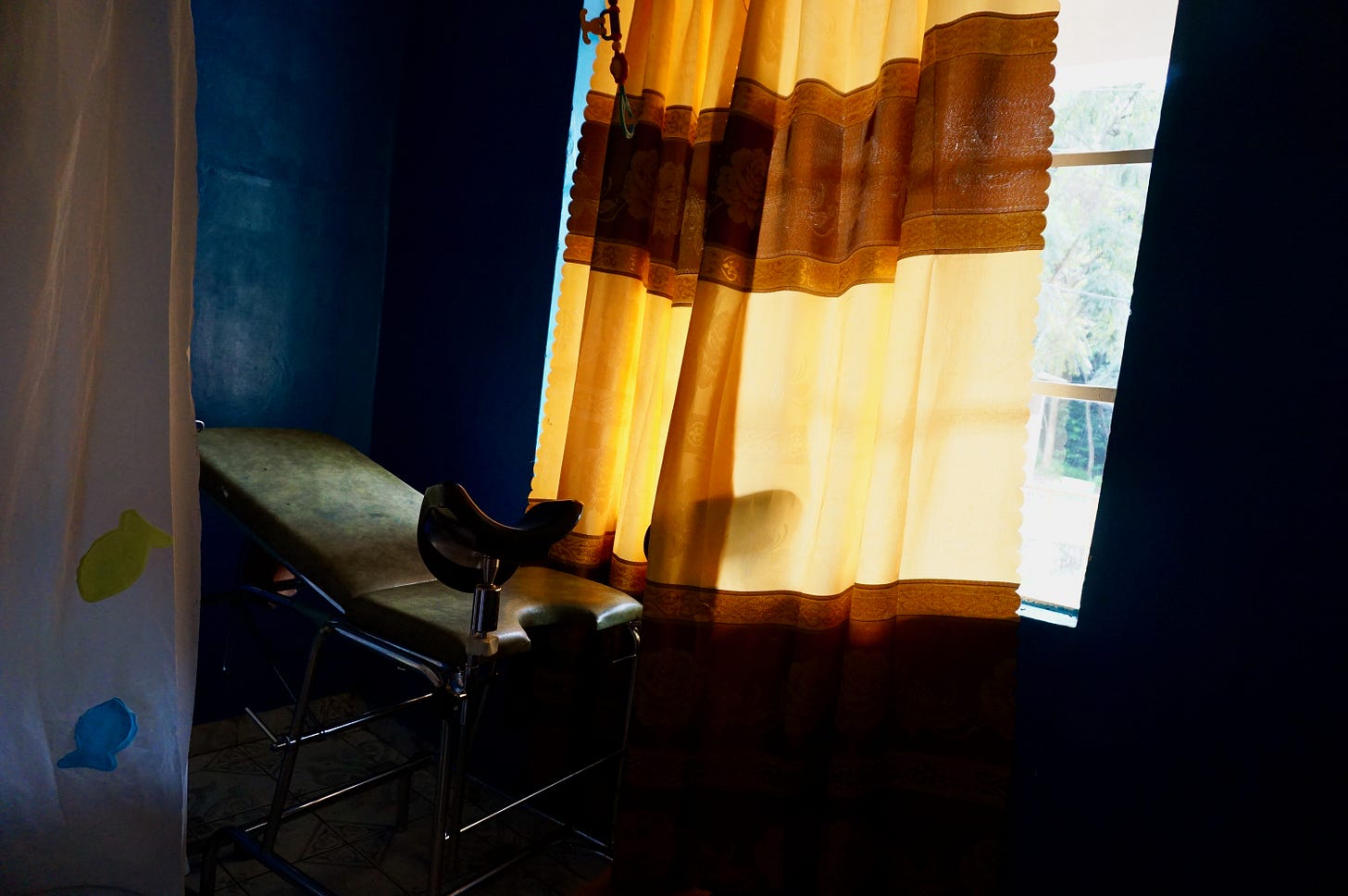
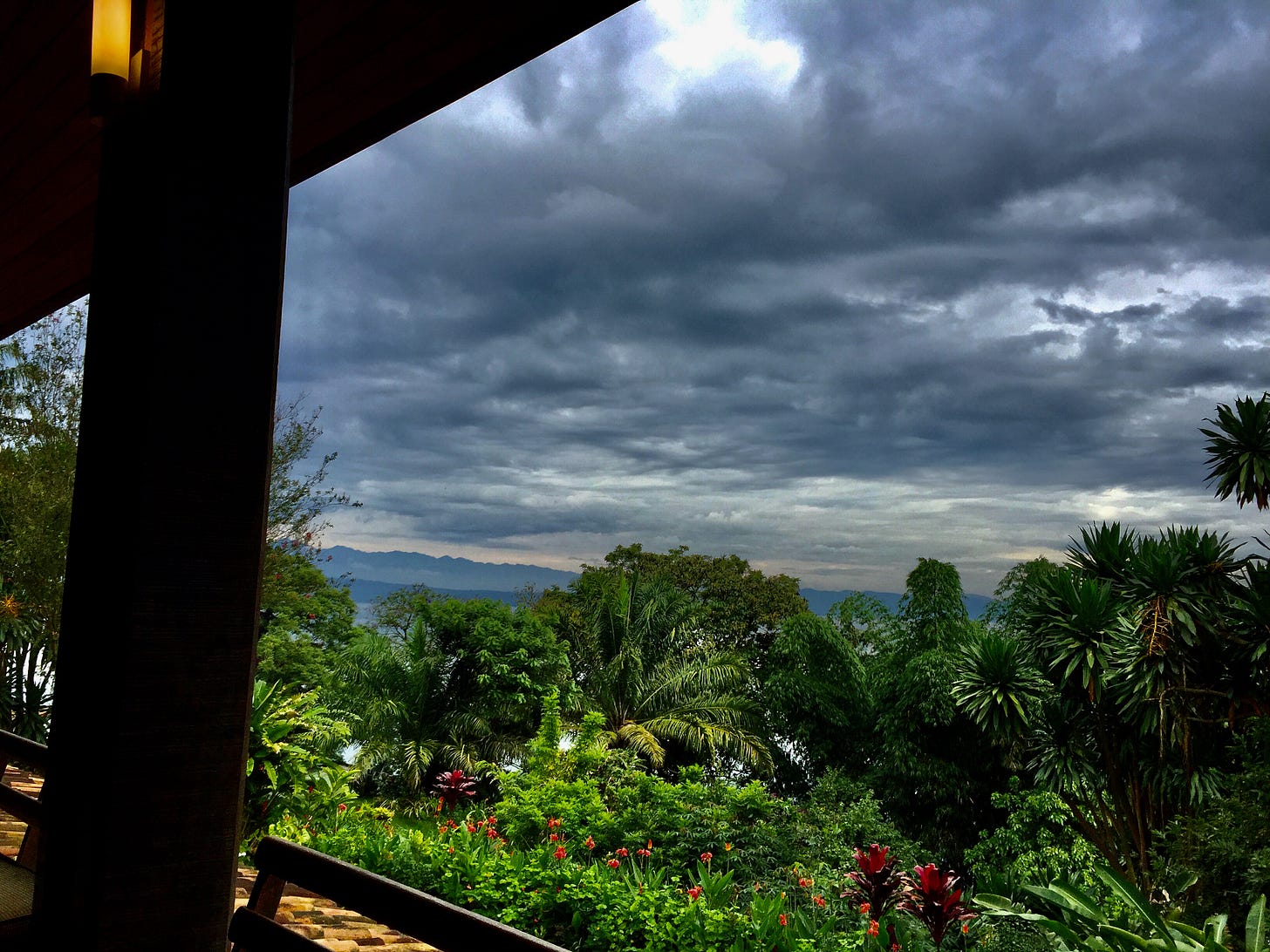
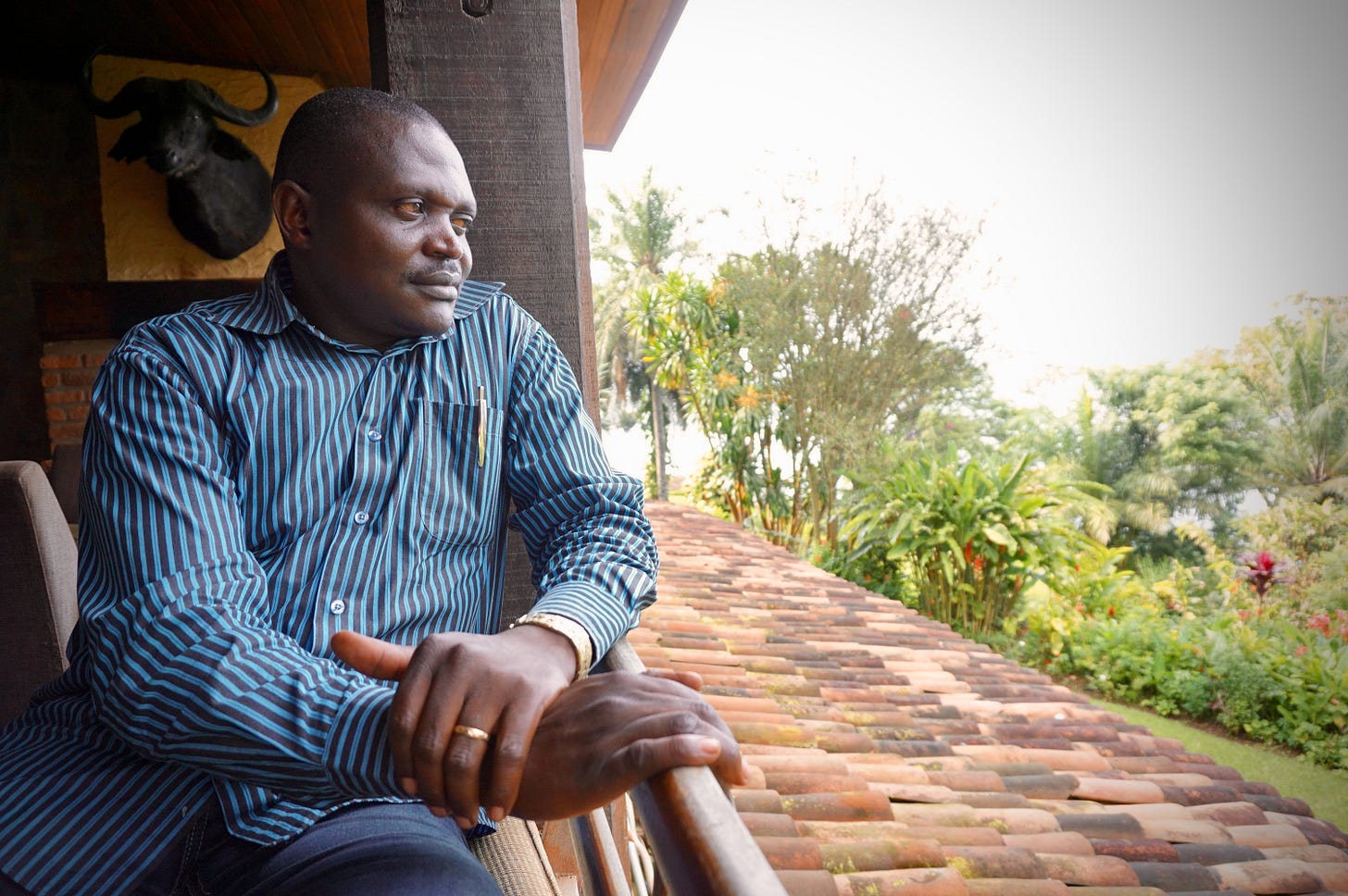
What a wonderfully brave and dedicated man. He must have been very excited to have you there to tell the world what was happening in his country.
Unimaginable tragedy for these girls. Unbelievable bravery of David. What makes one man willing to live apart from his family to find these monsters and another man repeatedly rape babies? Does the culture shun the girls for being “defiled.”